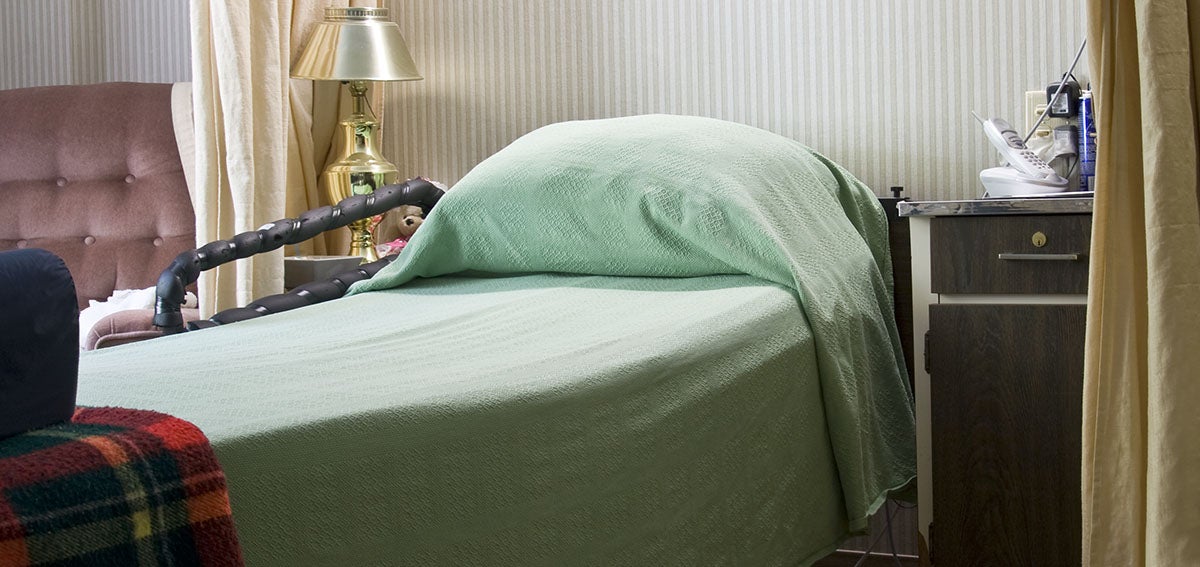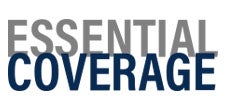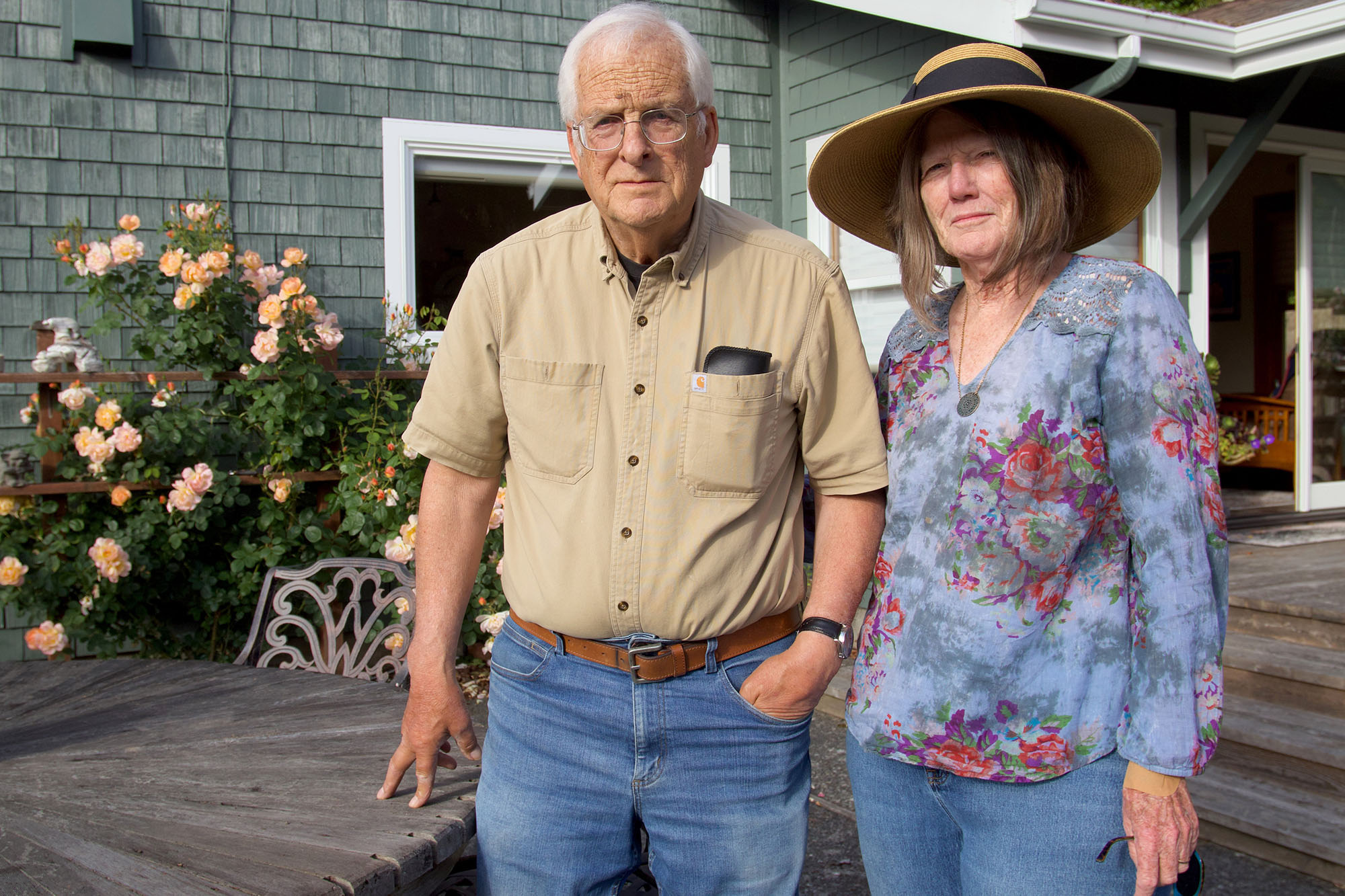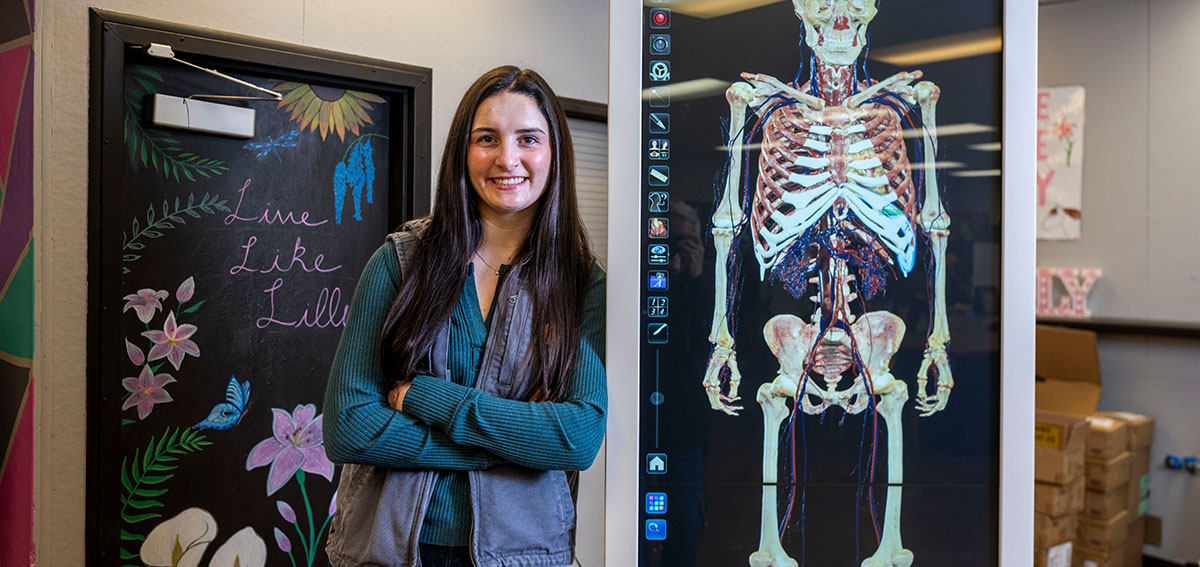
About 1 in 10 nursing homes in California and nationwide are owned by private equity (PE) investors, and new research suggests that death rates for residents of those facilities are substantially higher than at institutions with different forms of ownership.

Researchers from New York University, the University of Chicago, and the University of Pennsylvania found that the combination of subsidies from Medicare and Medicaid alongside incentives for PE owners to increase the value of their investments “could lead high-powered for-profit incentives to be misaligned with the social goal of affordable, quality care [PDF].” The researchers — Atul Gupta, Constantine Yannelis, Sabrina Howell, and Abhinav Gupta — reported that nursing homes owned by private equity entities were associated with a 10% increase in the short-term death rate of Medicare patients over a 12-year period. That means more than 20,000 people likely died prematurely in homes run by PE companies, according to their study, which was published in February by the National Bureau of Economic Research (NBER).
In addition to the higher short-term death rates, these homes were found to have sharper declines in measures of patient well-being, including lower mobility, increased pain intensity, and increased likelihood of taking antipsychotic medications, which the study said are discouraged in the elderly because the drugs increase mortality in this age group. Meanwhile, the study found that taxpayer spending per patient episode was 11% higher in PE-owned nursing homes.
Double-Checked, Triple-Checked, Quadruple-Checked
The researchers were stunned by the data. “You don’t expect to find these types of mortality effects. And so, you know, we double-checked it, triple-checked it, quadruple-checked it,” Atul Gupta, a coauthor of the NBER study, told NPR reporter Gabrielle Emanuel.
There’s nothing new about for-profit nursing homes, but private equity firms are a unique subset that in recent years has made significant investments in the industry, Dylan Scott reported in Vox. PE firms typically buy companies in pursuit of higher profits for shareholders than could be obtained by investing in the shares of publicly traded stocks. They then sell their investments at a profit, often within seven years of purchase. They often take on debt to buy a company and then put that debt on the newly acquired company’s balance sheet.
They also have purchased a mix of large chains and independent facilities — “making it easier to isolate the specific effect of private equity acquisitions, rather than just a profit motive, on patient welfare.” About 11% of for-profit nursing homes are owned by PE, according to David Grabowski, professor of health care policy at Harvard Medical School. The NBER study covered 1,674 nursing homes acquired in 128 unique transactions.
While the owners of many nursing homes may not be planning to sell them, they also have strong incentives to keep costs low, which may not be good for patients. A study funded by CHCF, for instance, found that “early in the pandemic, for-profit nursing homes had COVID-19 case rates five to six times higher than those of nonprofit and government-run nursing homes. This was true of both independent nursing homes and those that are part of a corporate chain.”
Nationally, about 70% of nursing homes are operated by for-profit corporations, 24% of nursing homes are nonprofit, and 7% are government-owned. Corporate chains own 58%. In California, 84% of nursing homes are for-profit, 12% are nonprofit, and 3% are government-owned, according to the CHCF report.
Growing PE Investment in Health Care
Given the dramatic increase in PE ownership of nursing facilities coming out of the COVID-19 pandemic, the higher death rates are troubling. The year-over-year growth between 2019 and 2020 is especially striking. Before the pandemic, 2019 saw 33 private equity acquisitions of nursing homes valued at just over $483 million. In 2020, there were 43 deals valued at more than $1.5 billion, according to Bloomberg Law reporter Tony Pugh.
And PE interest in health care is not restricted to nursing homes, explained Gretchen Morgenson and Emmanuelle Saliba at NBC News. “Private equity’s purchases have included rural hospitals, physicians’ practices, nursing homes and hospice centers, air ambulance companies and health care billing management and debt collection systems.” Overall, PE investments in health care have increased more than 1,900% over the past two decades. In 2000, PE invested less than $5 billion. By 2017, investment had jumped to $100 billion.
Industry advocates argue that the investments are in nursing homes that would fail without an influx of PE capital. The American Investment Council said private equity firms invest in “nursing homes to help rescue, build, or grow businesses, often providing much-needed capital to strengthen struggling companies and employ Americans,” according to Bloomberg Law.
The Debate Over Staffing
A bare-bones nursing staff is implicated in poorer quality at PE-owned nursing homes, both before and during the COVID-19 pandemic. Staff is generally the greatest expense in nursing homes and a key place to save money. “Labor is the main cost of any health care facility — accounting for nearly half of its operating costs — so cutting it to a minimum is the fastest profit-making measure owners can take, along with paying lower salaries,” journalist Annalisa Merelli explained in Quartz.
Staffing shrinks by 1.4% after a PE purchase, the NBER study found.
The federal government does not set specific patient-to-nurse ratios. California and other states have set minimum standards, but they are generally “well below the levels recommended by researchers and experts to consistently meet the needs of each resident,” according to the journal Policy, Politics, & Nursing Practice.
According to nursing assistant Adelina Ramos, “understaffing was so significant [during the pandemic] that she and her colleagues . . . often had to choose which dying or severely ill patient to attend first, leaving the others alone.”
Ramos worked at the for-profit Genesis Healthcare, the nation’s largest chain of nursing homes, which accepted $180 million in state and federal funds during the COVID-19 crisis but remained severely understaffed. She testified before the US Senate Finance Committee in March as a part of a weeklong look into how the pandemic affected nursing homes. “Before the pandemic, we had this problem,” she said of staffing shortages. “And with the pandemic, it made things worse.”
$12.46 an Hour
In addition, low pay at nursing homes compounds staffing shortages by leading to extremely high rates of turnover. Ramos and her colleagues were paid as little as $12.46 an hour.
“The average nursing home in the US has their entire nursing home staff change over the course of the calendar year. This is a horrible way to provide good, quality nursing home care,” Grabowski told NPR, speaking of his March 2021 study in Health Affairs.
Loss of front-line staff leads to reductions in therapies for healthier patients, which leads to higher death rates, according to the NBER study. The effect of these cuts is that front-line nurses spend fewer hours per day providing basic services to patients. “Those services, such as bed turning or infection prevention, aren’t medically intensive, but they can be critical to health outcomes,” wrote Scott at Vox.
Healthier patients tend to suffer the most from this lack of basic nursing. “Sicker patients have more regimented treatment that will be adhered to no matter who owns the facility,” the researchers said, “whereas healthier people may be more susceptible to the changes made under private equity ownership.”
Growing Interest on Capitol Hill
In addition to the Senate Finance Committee hearings, the House Ways and Means Committee held a hearing at the end of last month about the excess deaths in nursing homes owned by PE. “Private equity’s business model involves buying companies, saddling them with mountains of debt, and then squeezing them like oranges for every dollar,” said Representative Bill Pascrell (D-New Jersey), who chairs the House Ways and Means Committee’s oversight subcommittee.
The office of Senator Elizabeth Warren (D-Massachusetts) will investigate the effects of nursing-home ownership on residents, she announced on March 17.
The hope is that the pandemic’s effect on older people will bring more attention to the issues that lead to substandard nursing home care. “Much more is needed to protect nursing home residents,” Denise Bottcher, the state director of AARP’s Louisiana office, told the Senate panel. “The consequence of not acting is that someone’s mother or father dies.”
Authors & Contributors

Heather Tirado Gilligan
Heather Tirado Gilligan is a journalist who has written for publications including Slate, The Nation, CNN, and the Washington Post. Previously, she was executive editor of the California Health Report, a news nonprofit covering disparities in health and access to health care. Heather received a master’s degree in journalism from UC Berkeley and a PhD in English from Rutgers University, where she studied race in American culture.





